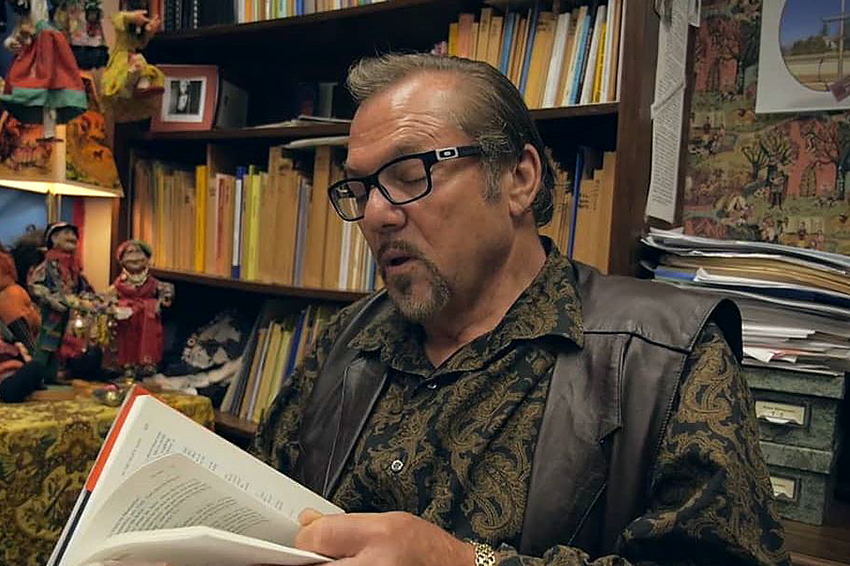Editor's note: This story has been updaterd to include a clarified quote from a source.
Connections between his Romani culture and the languages of other dispersed groups of people helped spark Ian Hancock’s interest in his two main fields of study. Now, the professor emeritus has been named an Officer of the Most Excellent Order of the British Empire by Queen Elizabeth II for his research and human rights work regarding Romani studies and Creole linguistics.
“Romani languages and Creole languages have to do with marginalized populations and people who are in diaspora — no single country,” Hancock said. “Certainly Roma, we don’t have a country of our own, and speakers of Creole languages do have their own countries now. But historically, both populations have had to struggle to maintain their culture and language and identity, and I guess that’s what drew me. Growing up in a Romani family, I was attracted to similar situations in Creole societies.”
The Order was created in 1917, and nominees are submitted from several of the 16 Commonwealth realms, which include Australia, Barbados and the UK. Hancock, born in England, said he believes people who knew about his work submitted his name, though he wasn’t aware they had done so. He will travel to London in early April to accept his medal.
“I was very surprised,” Hancock said. “I’m certainly not the only person doing human rights work. In my opinion, there are plenty of other people who would deserve this kind of recognition.”
Hancock described Creole languages as “makeshift languages” because they are created when people from different tongues come together and need to communicate. The Romani people, who are Indo-Aryan and commonly misidentified and stereotyped as Gypsies, have a history of subjugation, which Hancock strives to bring awareness to.
“We lost three-quarters of our population in the Holocaust, and my people were enslaved in Romania until 1864,” Hancock said. “But we did some years ago push to get recognition at the United Nations, and I was instrumental in that. What we are doing now is working on getting the government of Romania to apologize for the centuries of slavery.”
Mariana Sabino-Salazar is a Foreign Language and Area Studies fellow learning the Romani language under Hancock. She said Hancock is a mentor who has positively impacted her life and understood her struggles as an immigrant, though she does not equate her experiences to those of the Romani people.
“I went through a naturalization process where I married an American and attempted to keep up with my studies,” said Sabino-Salazar, an Iberian and Latin American Languages and Cultures graduate student. “(Hancock) was super supportive. He is able to feel compassion towards others who are going through deprivations similar to those experienced by Romanis.”
Hancock’s work made UT a hub for Romani studies until his retirement last spring and inspired people such as Nidhi Trehan, a political sociologist and visiting fellow at the LBJ School of Public Affairs, to study the field. Trehan said “it was a fantastic feeling” to hear that her former professor’s contributions have been recognized by the Order.
“Oftentimes, whenever there’s some research about the Holocaust or if there’s a filmmaker making a movie about Roma, then Ian is the first person they consult because he’s such (an) authority,” Trehan said. “I would definitely say he is almost an institution upon himself in this field.”





















